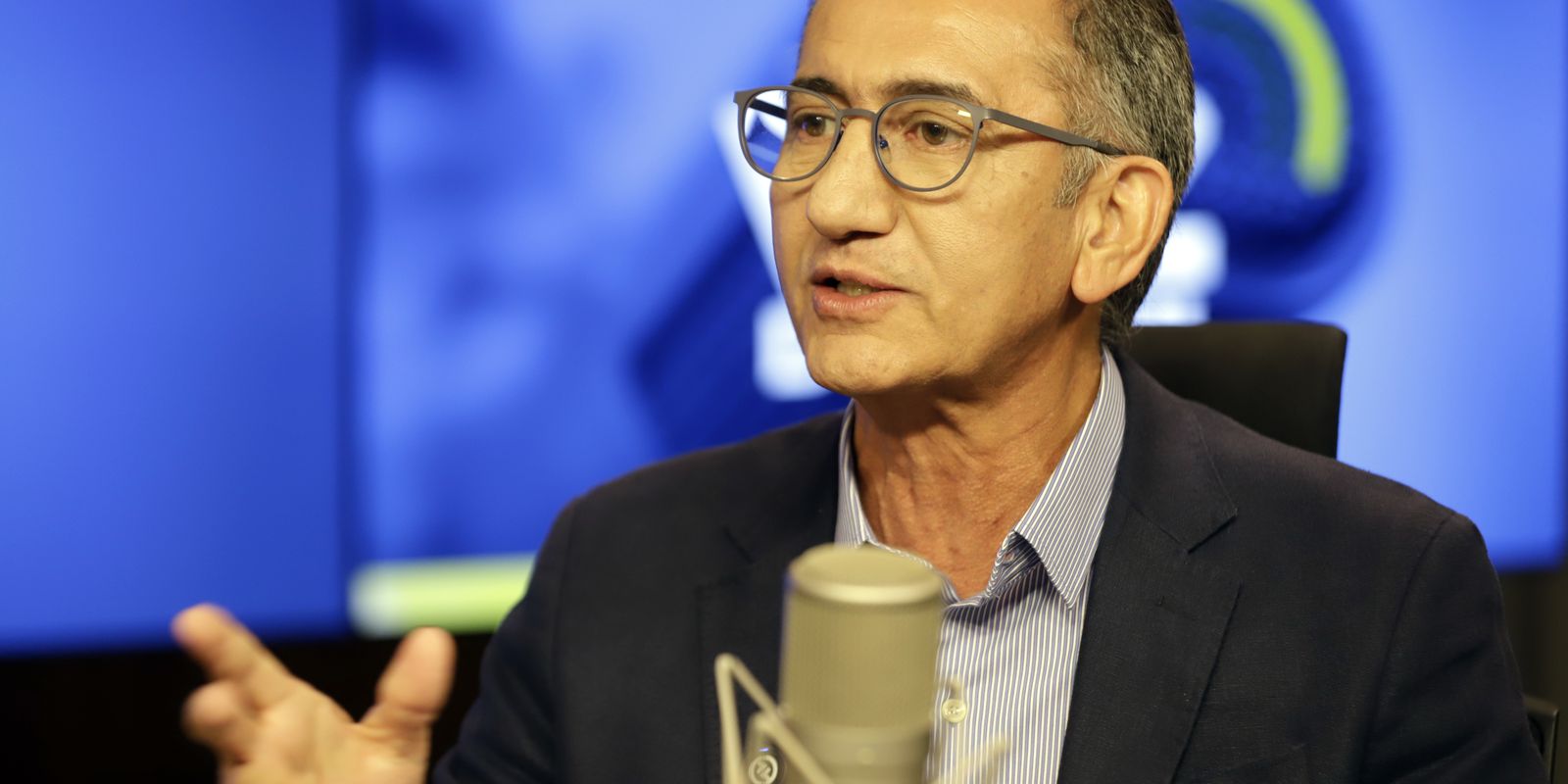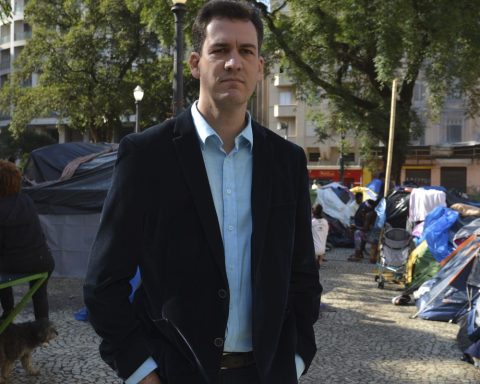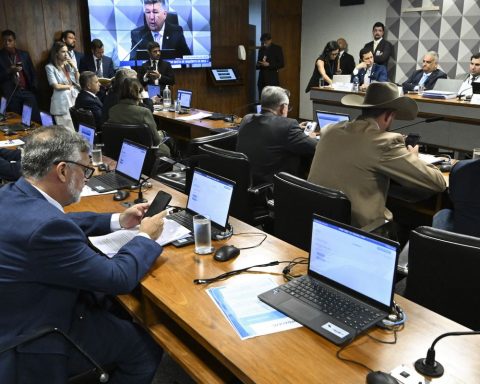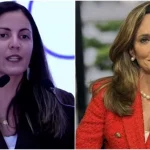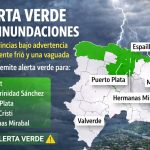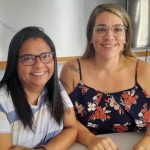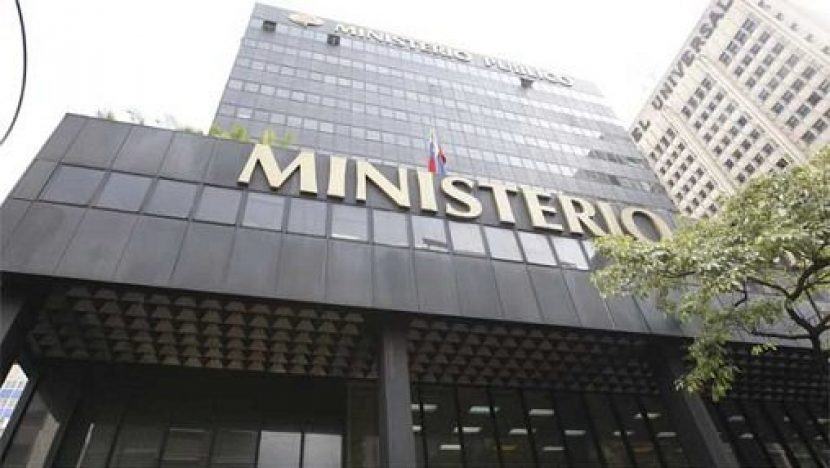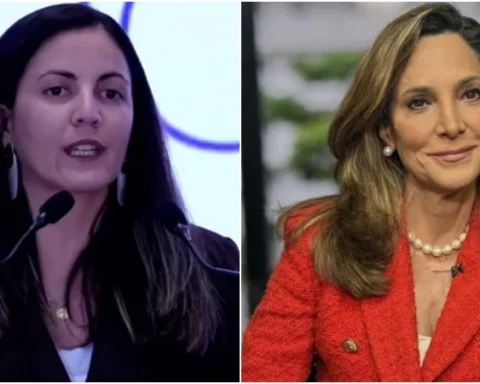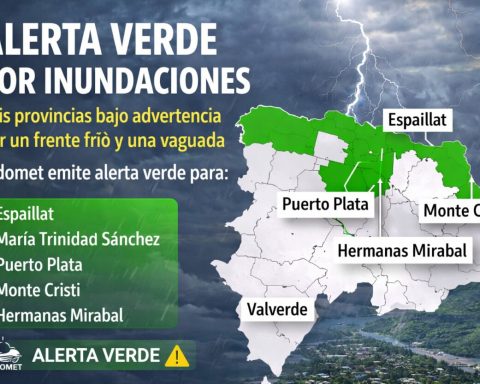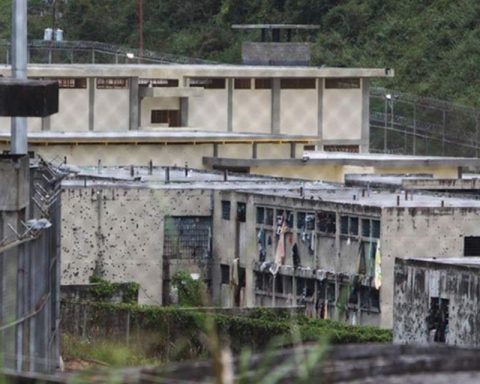The Minister of Integration and Regional Development, Waldez Góes, made an appeal on Monday (29) for public and private investments from the nations that make up the G20 to strengthen vulnerable communities. According to him, the group’s actions should ensure that these populations are more resilient to natural disasters.
Góes participated, in Rio de Janeiro, in a meeting of the G20 Disaster Risk Reduction Working Group.
“Addressing inequality and vulnerability is at the heart of disaster risk reduction. To ensure that the vulnerability of the majority of the population at risk is addressed, we need to reorient the way financing and investment is done, directing efforts and resources towards infrastructure, early warning systems, recovery, rehabilitation or sustainable development,” said the minister.
He highlighted that, in Brazil alone, there are 10 million people living in areas at high or very high risk of disasters.
“It is imperative that we unite behind a common goal: to ensure that all financing and investment, both public and private, builds resilience and addresses inequalities. These principles must guide our actions to ensure that we are strengthening the most vulnerable communities by giving them the capacity to face and overcome adversity,” said Góes.
According to him, adverse events caused by climate change pose challenges to all countries and demand well-articulated and effective international coordination.
“The great flooding in Rio Grande do Sul at the beginning of this year; the historic drought in the Amazon region last year, which is repeating itself this year; and the fires that are ravaging the Pantanal, just to mention recent Brazilian examples, are increasingly common in all of our countries. The situation is dramatic and requires all countries, in unity, to adopt a new stance in confronting it.”
The working group has been meeting since Friday (26) in Rio de Janeiro. The meetings will end on Tuesday (30). The meetings will result in reports that will be presented to delegates from G20 member states, guests and international bodies.
